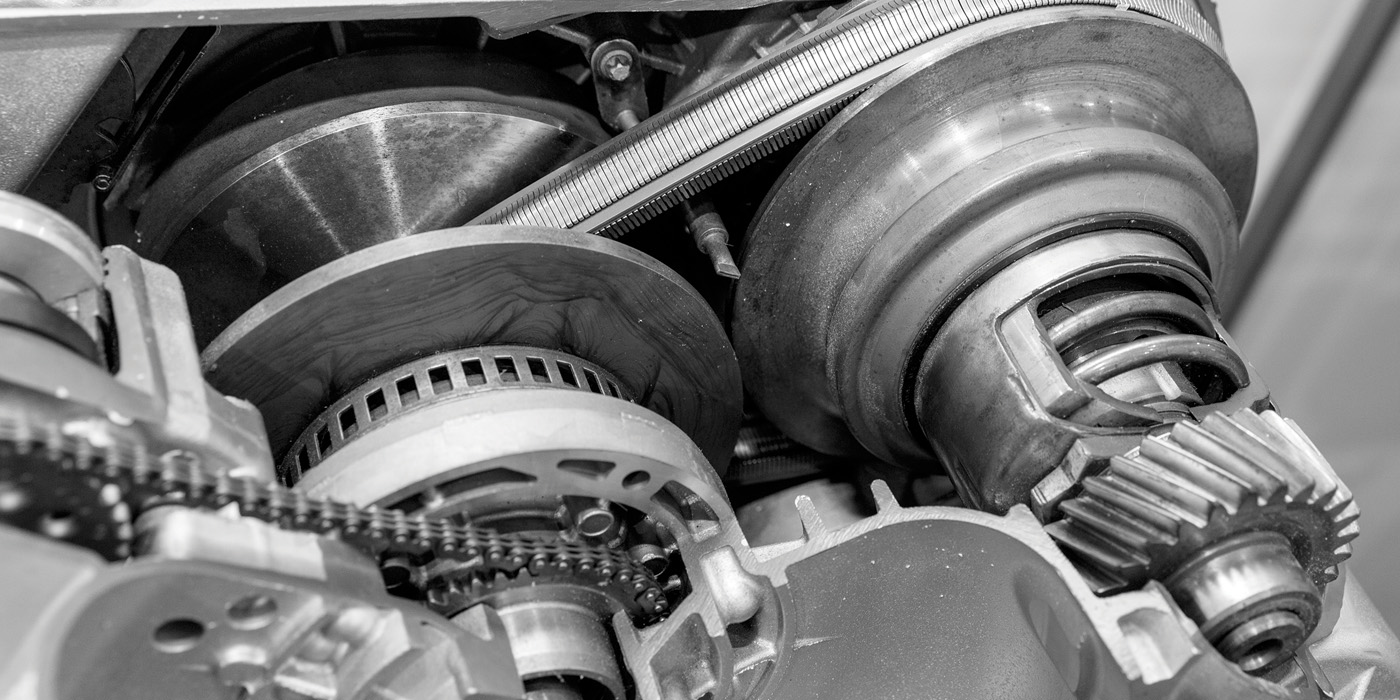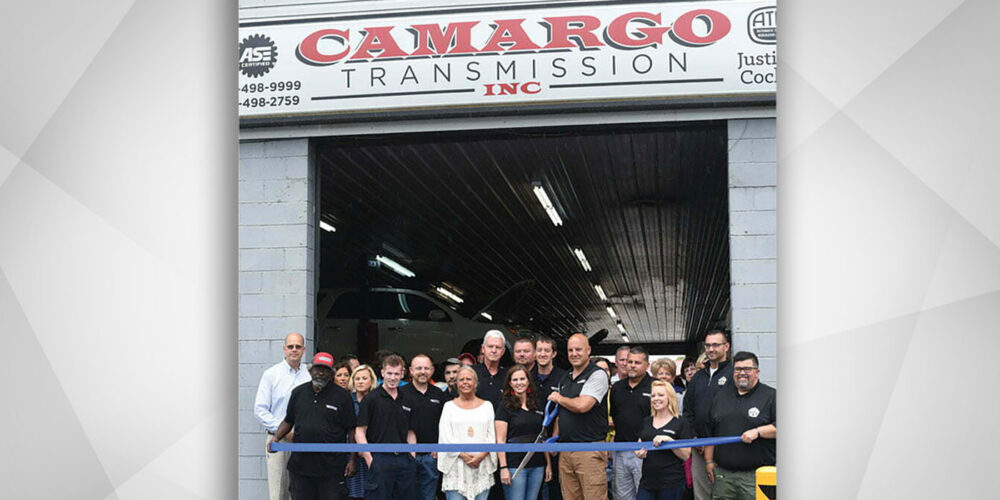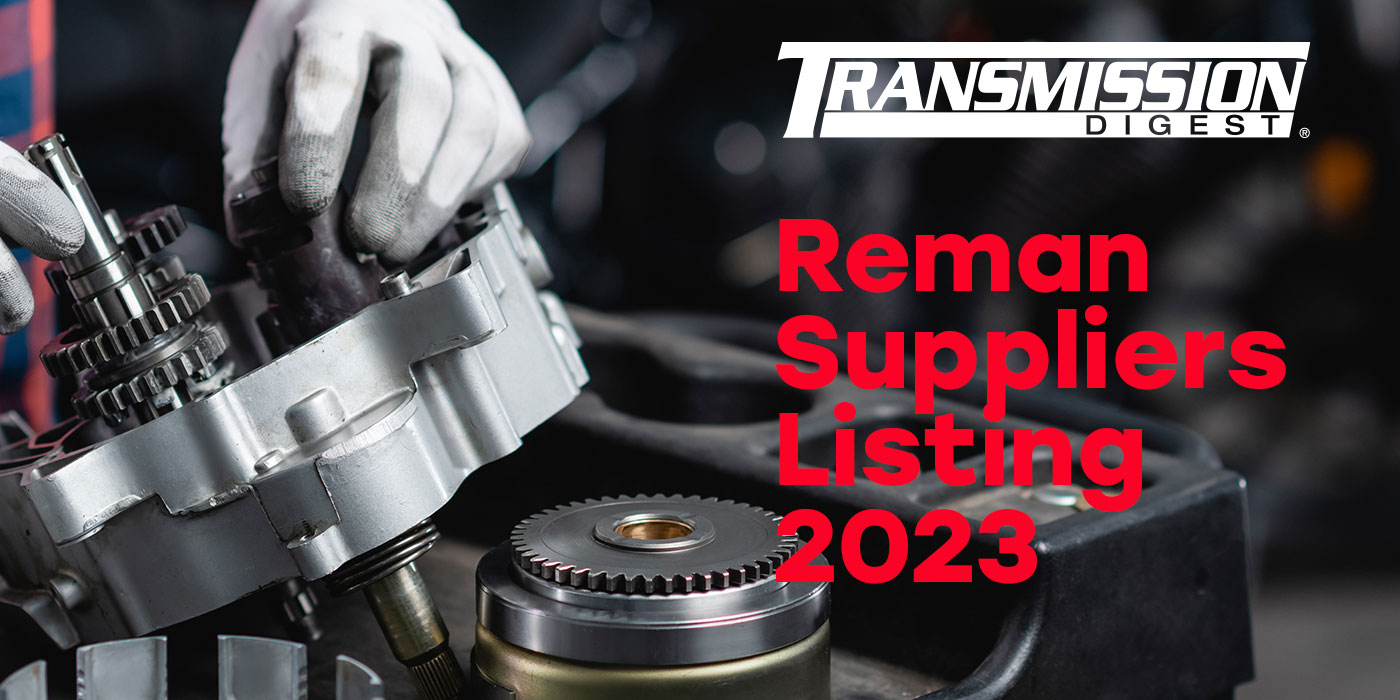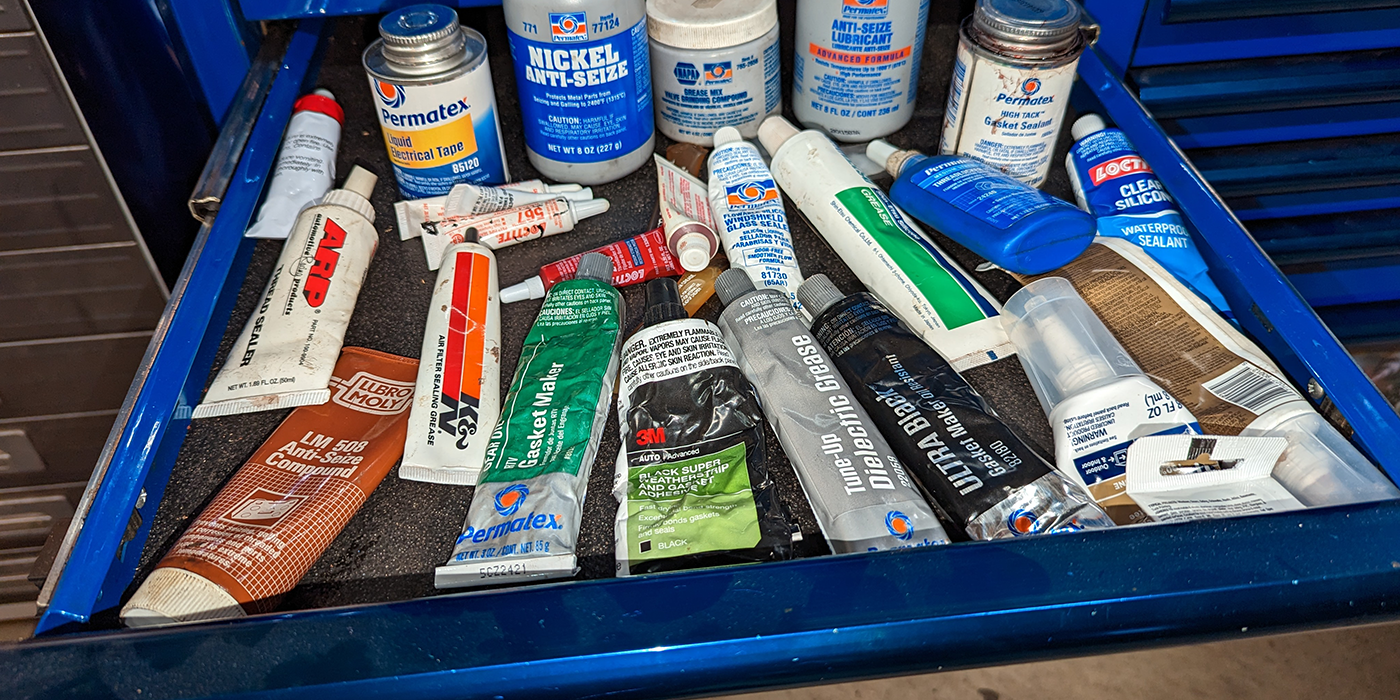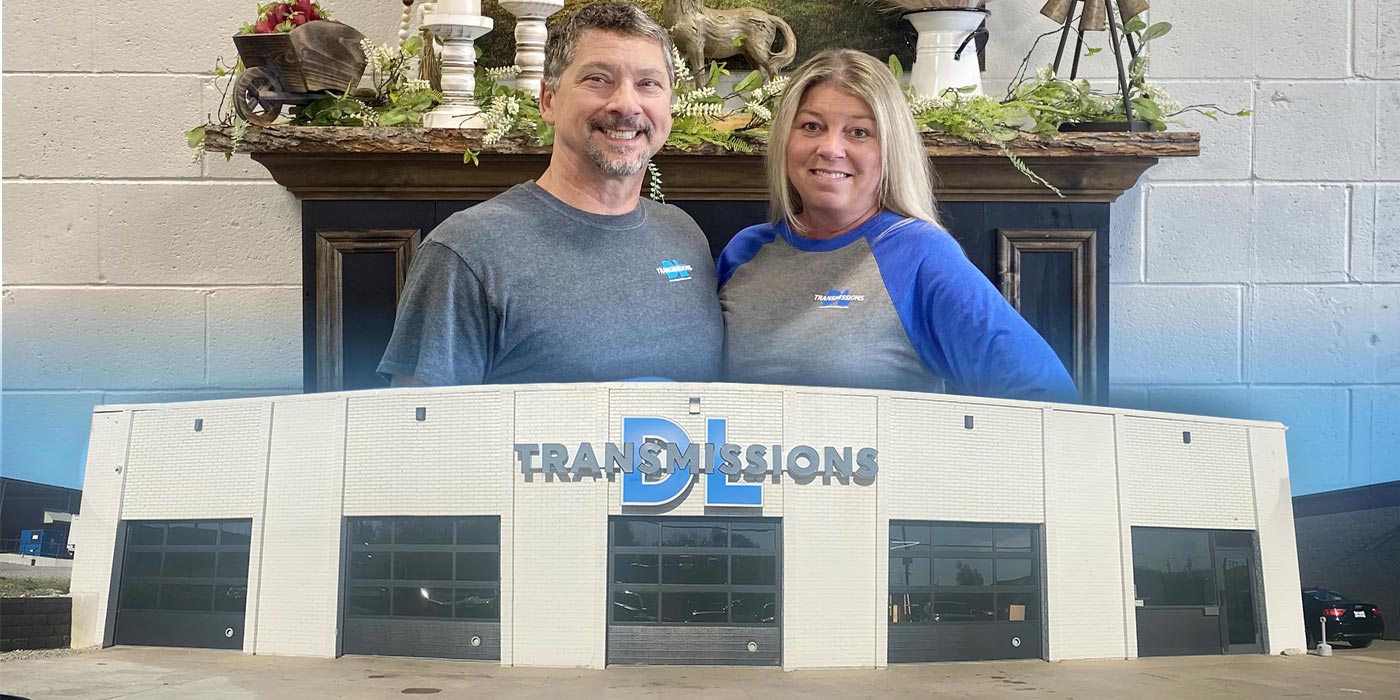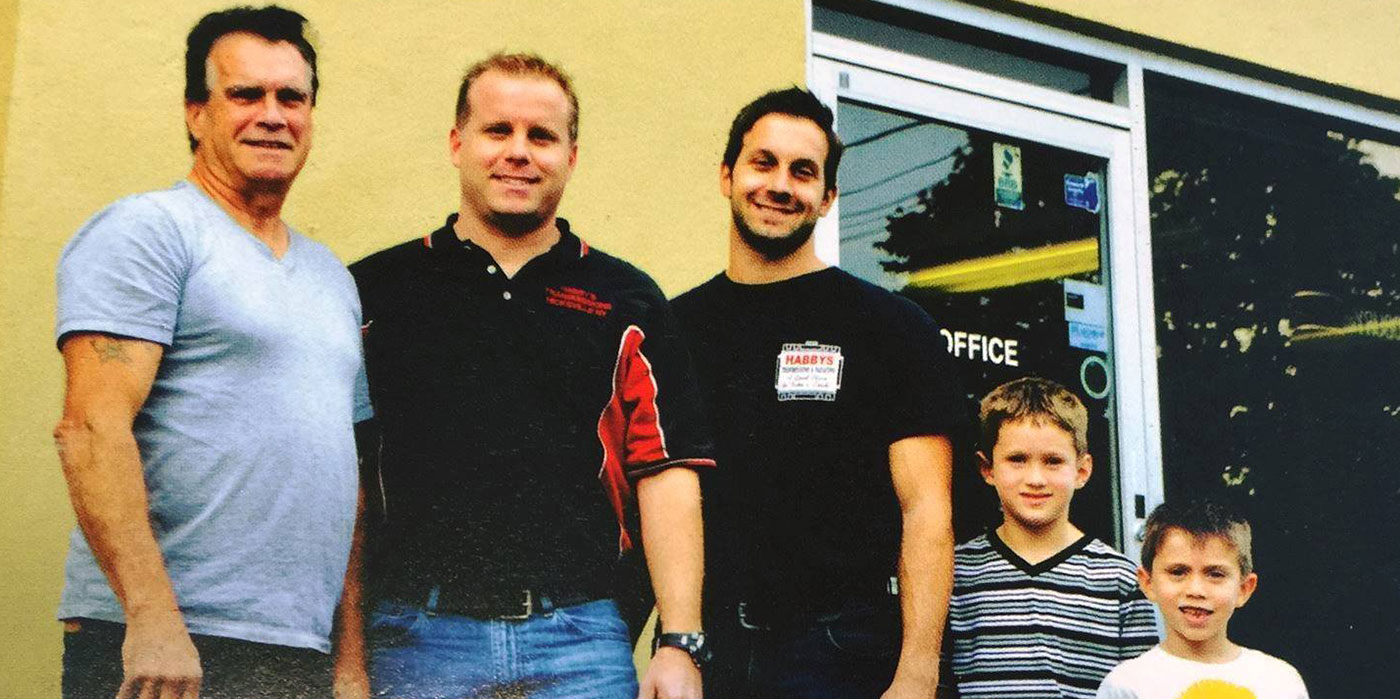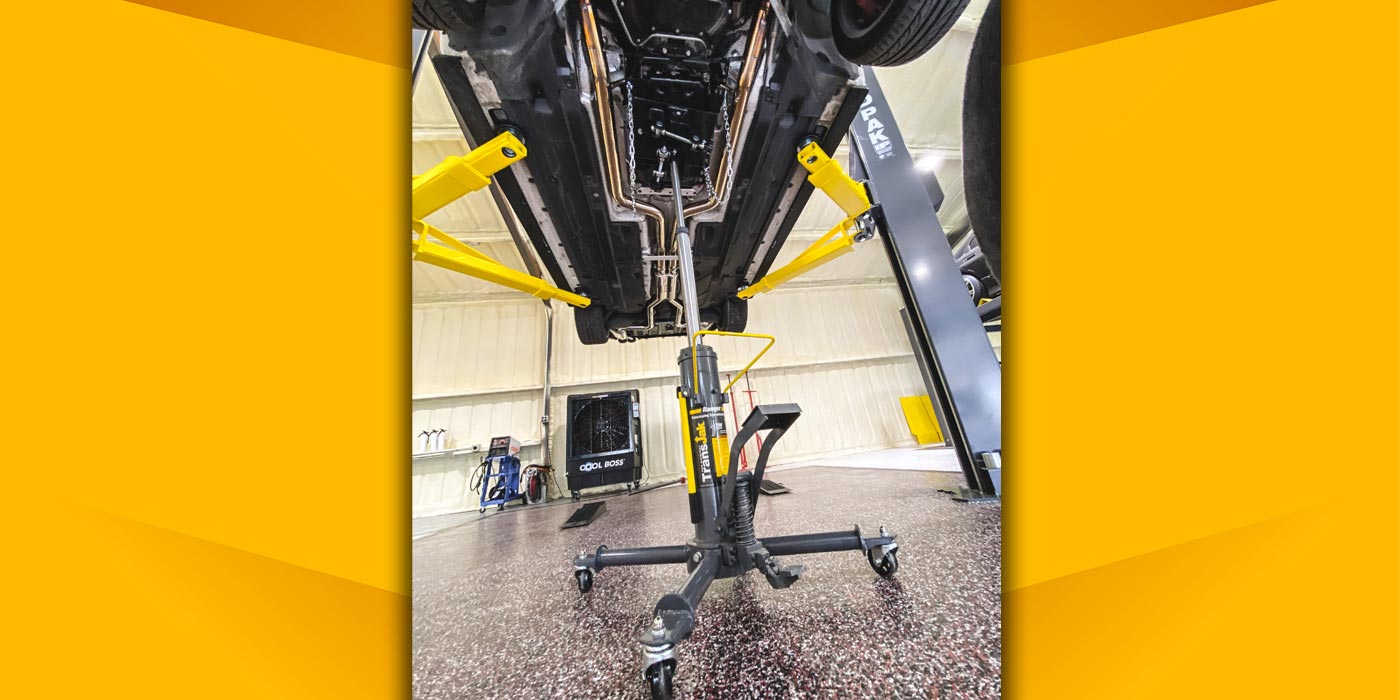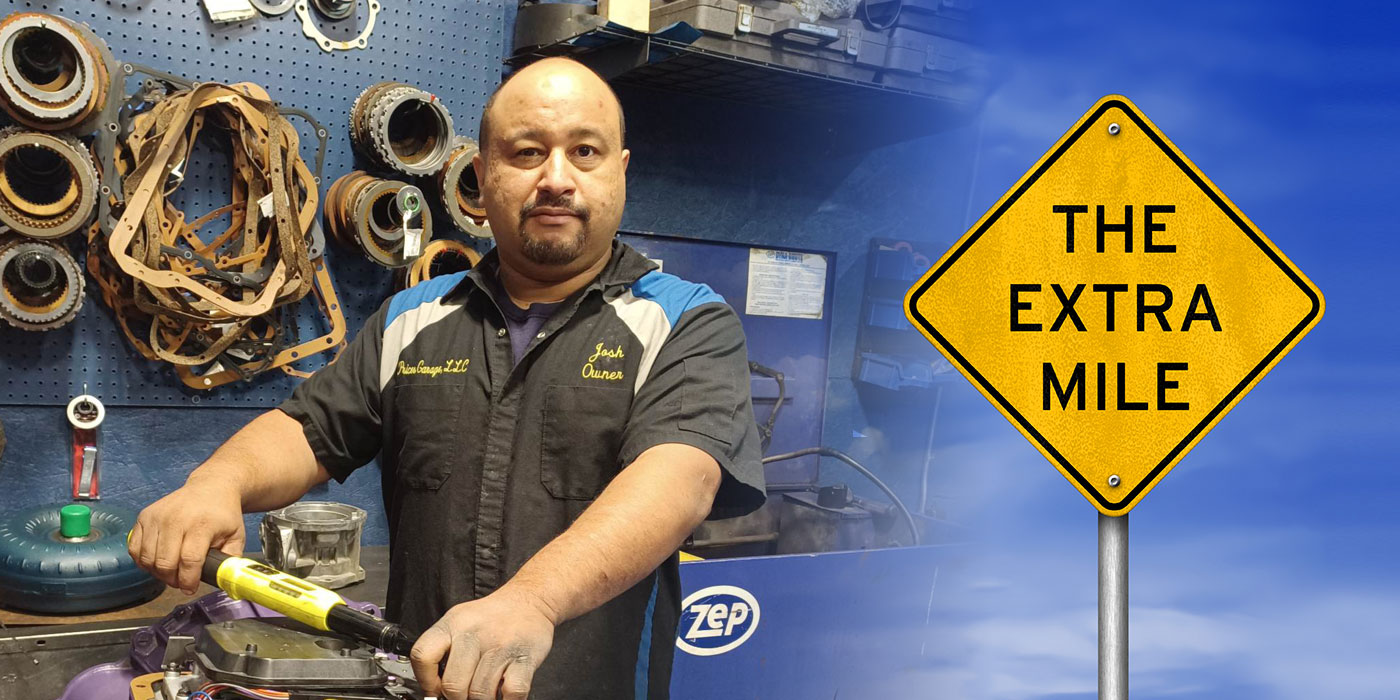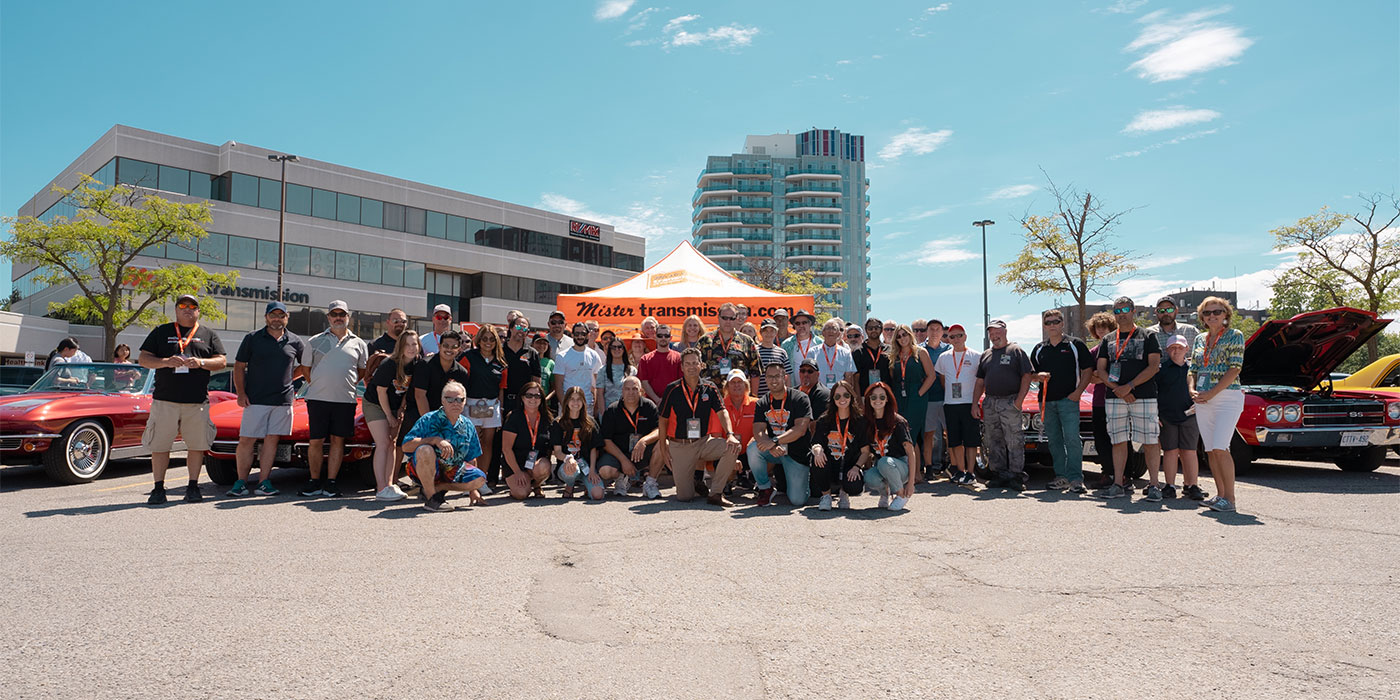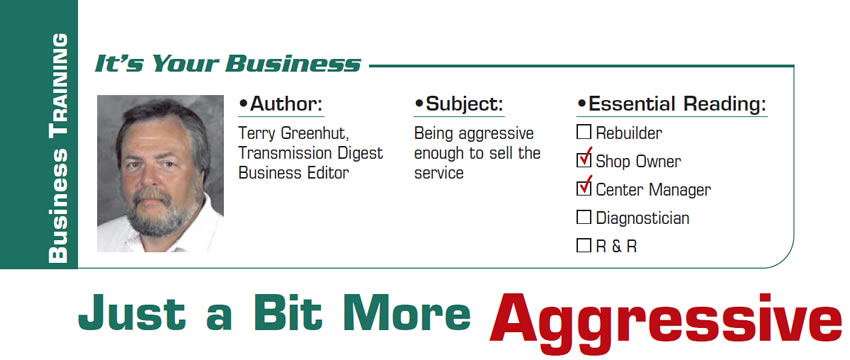
It’s Your Business
- Subject: Being aggressive enough to sell the service
- Essential Reading: Shop Owner, Center Manager
- Author: Terry Greenhut, Transmission Digest Business Editor
Many who sell repair and service work to customers are not, by nature, aggressive types. For the most part they’ve come up through the ranks, first being a technician, then a service writer and now a manager or owner. They tend to have a great deal of sympathy (way too much) for customers who say they can’t have the repairs they need performed now or that they can’t pay the prices being asked and want them lowered. Too many of us think from the customer side of the counter. We tend to put ourselves in their shoes and work very hard to understand their struggle to make ends meet because we know that the economy is not good and that a lot of folks are having trouble getting by.
We sympathize when we should empathize. Sympathizing means understanding the customer’s problem with so much feeling for their plight that we become part of the problem by doing a less-than-perfect job or giving up all our profit to help someone who may not truly need it. Meanwhile, all we do is lose money. Empathizing means understanding without involvement. Yes, we understand that they have problems and other issues that cause them not to want to spend much to fix their car, but we don’t let that stop us from charging a fair price and doing the job right the first time.

The auto-repair business should be good right now for a number of reasons. One is that the fear people have (real or imagined) of not being able to make their payments on a new car is keeping many from buying one. Good used cars are hard to come by because they aren’t being traded in for new ones, so people are keeping what they have. Companies aren’t buying or leasing new vehicles in anywhere near the numbers they used to in an effort to cut their monthly operating costs. These add up to more service and repair opportunities for us if we take advantage of them. The problem is that too many of us don’t. We don’t market our services well and we don’t put nearly enough effort into making sales.
One concept that we really need to be aware of and understand is that even in the toughest of times lots of people make really good money and are not affected by economic downturns. Those glitches in the economy many times form entire new industries and create jobs and opportunities that replace those that are lost. Case in point: Banks are hiring hundreds, if not thousands, of people to handle all the short sales and foreclosures that are taking place.
In fact, a new business has been invented: “short-sale negotiators.” They are companies that try to get banks to forgive the unpaid portion of a mortgage when a house is sold for less than the outstanding balance owed. They work with real-estate agents to establish and prove the realistic price of the house and submit the necessary paperwork to the bank when a buyer is found. For their services they receive a percentage of the sale price of the house, much the same way that the agent does. That’s just one example, but it shows that people will find ways to make the money they need in any economy.
Customers will use the economic crisis as an excuse not to buy what they need or not to pay what they are asked. They’ll tell you how they are struggling even if they really aren’t. They don’t seem to care whether you make a profit, but why should they? Unless you train them differently they will continue to think your service is just a commodity and that if you go out of business there will be someone else to service them.

Many of us need to be more aggressive in several areas.
- 1) We have to advertise to let prospects know we are there and what we can do for them. Despite the so-called sluggish economy, customers can’t come to you if they don’t know that you exist.
- 2) We need to look more closely for additional repairs and services and question customers more thoroughly to find out which services they have had performed and when. Once we find these repairs and services we need to work harder at making the sale. We have to stop telling customers that it may be a good idea for them to do a certain job when we know it should be done now. Instead of making them think it’s OK not to take care of a maintenance issue we have to tell them that they need it and why. A timing belt is a great example. The car may be running great, but there is a reason why the manufacturer wants the belt changed at a certain mileage. Explain that you are saving them money in the long run. Be sure to sell any add-on parts that should be replaced while the belt is being changed – a water pump, a tensioner, whatever.
- 3) We need to price for profit and not be so quick to back off. We have to check our fear of customers and our sympathy for them at the front door when we come to work in the morning. We need to understand that working cheaper doesn’t ultimately help us or our customers and that fixing it right the first time is the best thing we can do for anyone no matter what the price.
- 4) We need to keep in better touch with our customers so they don’t forget us when “Sears” puts its brake-job coupon in the Sunday paper. There’s no reason we can’t offer coupons and specials to our existing customers. After all, they deserve them more than do total strangers.
- 5) We need to work harder on that initial customer call to get them into the shop. We especially have to stop quoting take it or leave it prices over the phone and start talking about the possibility that they can save some money by coming in to see us now.
- 6) We need to dramatically increase our retention rate – the percentage of customers who say yes after we’ve checked their vehicles and given them the price.
- 7) We need to be far more aggressive about getting the appointment for their next visit before they leave the shop if they haven’t allowed us to fix or service everything. We have to understand that once they do leave the shop life gets in the way of their coming back on their own. While they are at the shop they are thinking about the car; when they leave they’re thinking about everything else on which they need to spend their money. Although making the appointment for their next visit before they leave is the best possible action, not everyone will do it. Some will not be sure whether they can lock themselves into another date at that moment. Some will not know when they will have the money to go ahead with the rest of the work – but don’t let any of these keep you from trying.
- 8) If we can’t get them all to make the next appointment while they are standing at our counter, we have to get more aggressive about following up with service reminders and phone calls to set up appointments. For example: “Hi, Mr. Jones. This is Joe from Joe’s Automotive. Just called to see if we can schedule you in to take care of that transmission leak we found on your last visit. Would Monday the 8th or Wednesday the 10th be better for you?”
Although we don’t want to be known as pushy salespeople, we do have to make sales. Not all of our customers will be easy to close. Some will require that we mentally take them by the hand and lead them through the entire process with enough conviction in our voices to make them believe and say yes.
If we’ve done all the work to get the customer in for the initial check-out, if we’ve already invested our time and money in a customer, isn’t it only right to do as much as we can to make the sale? You may think that’s bothering the customer, but you have to understand that the customer didn’t mind bothering you by taking your precious time to check his or her car and thus far has not allowed you to make a nickel, so your being a little aggressive about making the sale is really OK.
There’s a big difference between aggressive and obnoxious. We don’t want to badger them until they buy something. We do want to make them understand that they need what we are selling and that they can have a quality repair or service at a fair price.

Terry Greenhut, Transmission Digest Business Editor. Visit www.TerryGreenhut.com.


